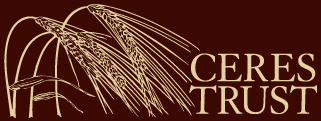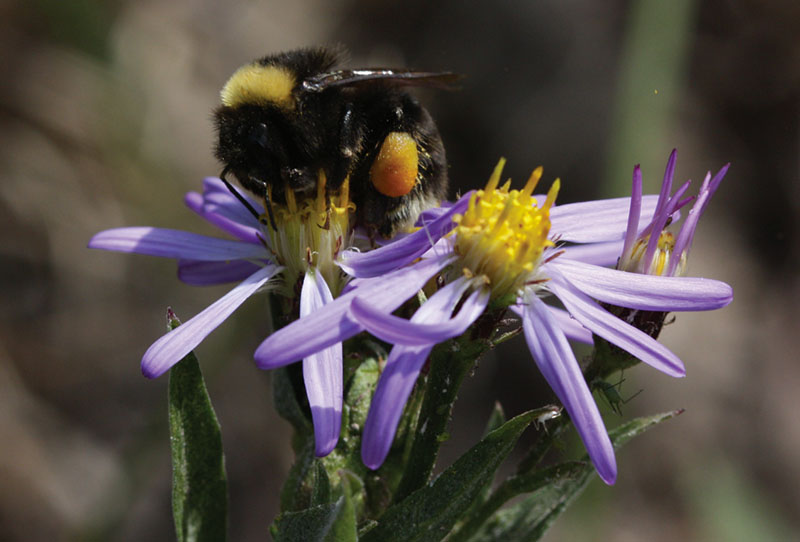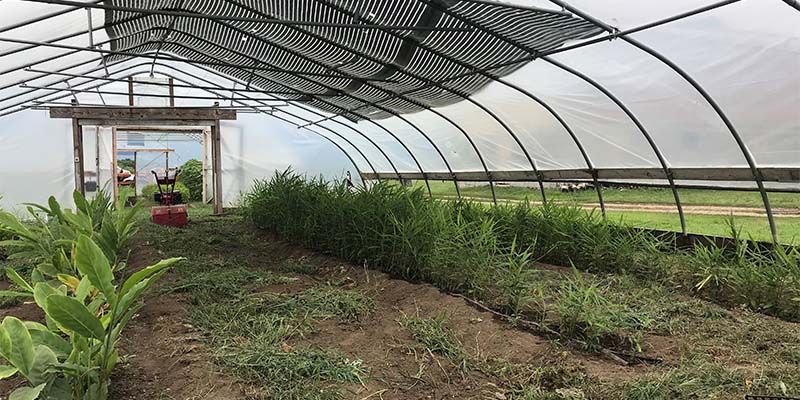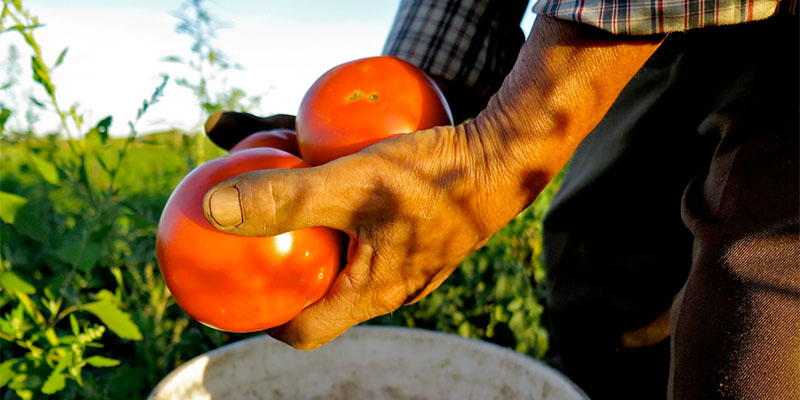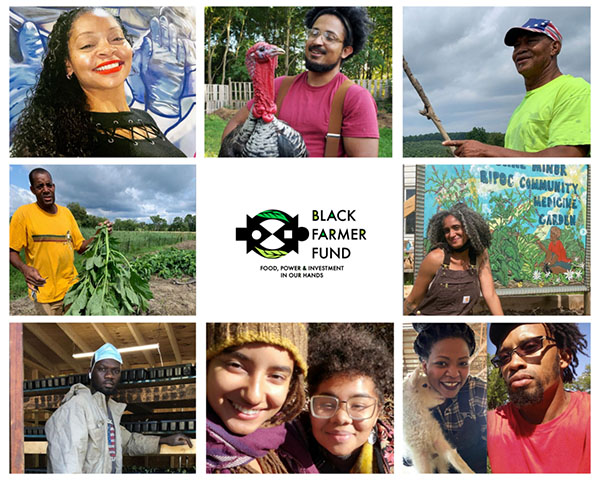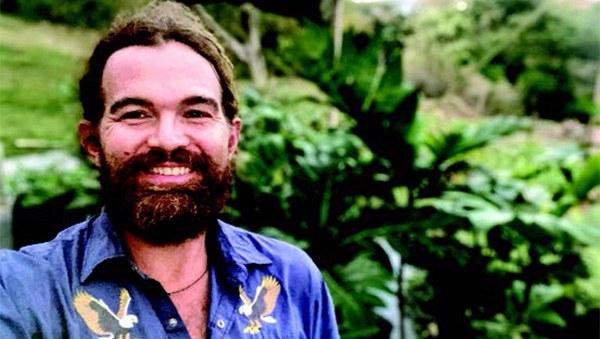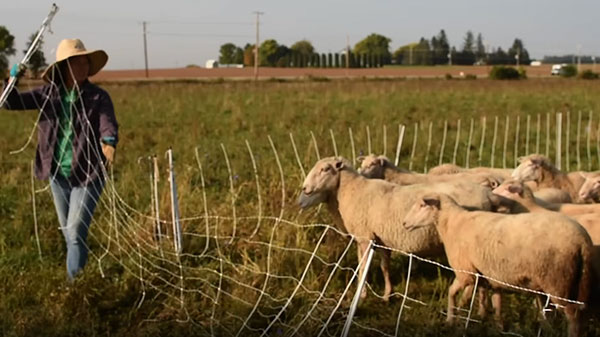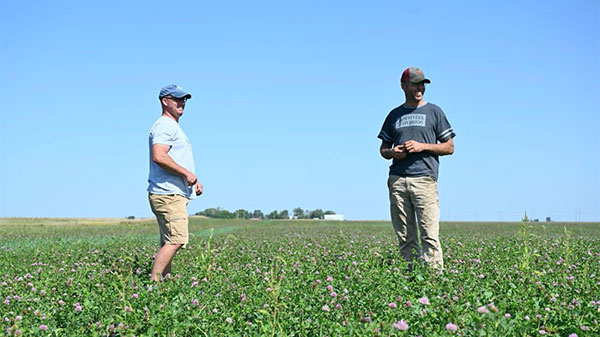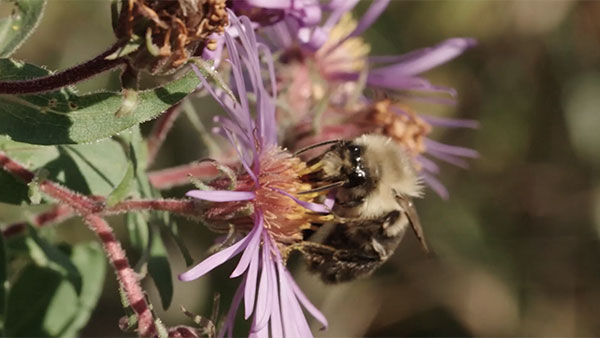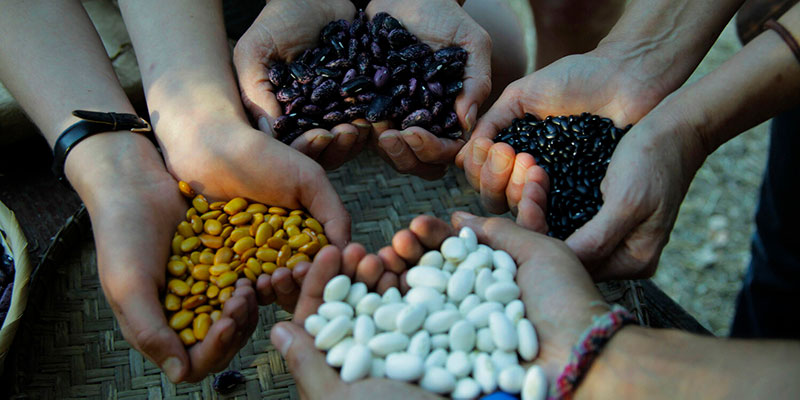Story
Bumble bees and other insects now eligible for protection under California Endangered Species Act
Bumble bees and other insects, which make up 80% of California’s animal species, are now eligible for protection under the California Endangered Species Act (CESA). The groundbreaking 2022 ruling that all insects are protected under CESA is a major victory for protecting these vital animals, and was made possible in part by the Xerces Society for Invertebrate Conservation.
Read MoreHAFA supports Hmong farmers strength to overcome challenges
During 2021–2022, farmers incorporated over 30,000 crowns of asparagus, 1,000 raspberry canes, 15,000 day-neutral strawberries, and over 500 pounds of ginger rhizomes into their farming operations and applied to the USDA EQIP program to obtain financial support to purchase and erect high tunnel structures, implementing tactics to fulfill their long-term visions, which focus on combatting climate change and investing in premium and perennial crops. HAFA supports Hmong farmers strength to overcome challenges, become stewards of the land, and turn ideas into plans, thoughts into actions, dreams into reality, and overall, has provided a pathway to intergenerational and community wealth.
Read MoreAssured land tenure provides hope for HAFA farmer-members
Over the past seven years of farming on the HAFA Farm, Hmong farmers have been conservative in their farming approach, due to fears about the longevity of HAFA’s land access program and whether the land will be secured for future generations or whether the HAFA Farm will discontinue providing land access after our lease expires. But the support of Minnesota Legislature in the 2020 MN Infrastructure Bonding Bill, which included the allocation of $2 million dollars for the purchase of the HAFA Farm after a $500,000 thousand match, gave hope to HAFA farmer-members. This news gave joy to our farmer members, elevating their spirits and assuring them of the opportunities and potential that lay ahead. This past November, HAFA concluded its capital campaign to secure the remaining match funds, and with the support of organizations such as Ceres Trust, Center for Prevention at Blue Cross Blue Shield of Minnesota, Schmidt Family Foundation, M Health Fairview, HAFA’s farmer-members, and large and small donors, we exceeded our goal.
Read MoreKa Maha ʻUlu o Koholālele – The Breadfruit Grove of Koholālele
Ka Maha ʻUlu o Koholālele, literally translated as “the breadfruit grove of Koholālele,” is a community-led food system project transforming approximately 80 acres of former sugar plantation and current eucalyptus plantation lands in Koholālele, Hāmākua, Hawaiʻi, into Hawaiʻi’s largest regenerative ʻulu (breadfruit) agroforestry system.
Accordingly, we wanted to be very intentional about who we invited into the process of planning and planting this space. Between September – October 2021, we worked with Ola Design Group to draft a baseplan for the Kilohana section of Ka Maha ʻUlu (Figure 5), which we would utilize in November to lay out and plant our first 65 ʻulu trees.
Read MoreBlack Farmer Fund’s Pilot Phase
What does it look like for 12 Black food actors to come together at the table (or in this case, zoom!) and make decisions around funding that would significantly impact the future of 8 food businesses in NY? What does it mean for an institution to invest, with the criteria for being funded centered on environmental impact, community well-being, and economic justice? How can honoring the realities that entrepreneurs face by involving them in the underwriting process mean for the impact of investment? Black Farmer Fund, an emerging community-governed investment fund, explored these questions through their recent pilot phase.
2021 was a year filled with growth, learning, deepened relationships, and most notably, our first experience redistributing capital into the hands of black agricultural businesses. We successfully raised a $1M pilot fund from individuals and institutions, and have so far deployed various combinations of integrated capital to eight transformative businesses. We are excited to share with you our 2021 Annual Report!
Read MoreTrees That Feed: Tree Planting in St. Croix
As part of the Hurricane Maria recovery process, Trees That Feed were asked to supply trees. Since then, TTFF has been actively involved with Ridge to Reef, a certified organic farm owned by Nate Olive. TTFF supplies breadfruit saplings to Nate, who grows them to a sturdy size, then finds good forever homes for the trees. The trees go to farmers, not-for-profit organizations and the University of the Virgin Islands.
Read MoreLivestock on the Land
Livestock on the Land is a story by Practical Farmers of Iowa about the ways that farmers are building a regenerative agriculture by centering their operations around the animals they care for. Whether it’s through rotational grazing or cover crops or fertility for crop fields, livestock hold the key to protecting our soil, cleaning up our water and even providing habitat for wildlife. But most importantly, livestock give farmers a chance to get started, grow businesses, provide for their families, work together, and ultimately, bring back the next generation to start it all over again. View the video…
Read MorePractical Farmers of Iowa: Cover Crop Options to Improve Soil Health
Because small-grains crops like wheat or oats are harvested in mid-summer, the many weeks remaining before winter presents opportunities for a panoply of cover crop options to improve soil health. Noah Wendt and Caleb Akin farm together near Cambridge in central Iowa. Among other reasons, they use small-grains crops in their rotation in order to facilitate cover crop mixes for the purposes of high-quality forage for grazing cattle and for boosting soil fertility.
Read MoreBeyond Pesticides: 40 Years of Protecting Health and the Environment with Science, Policy, and Action
We’re living in a crucial time for action and we have structured our work to meet the existential challenges to health and the environment as we collaborate with communities across the country and globally. We educate on the hazards of pesticide dependency and bring hands-on support to put in place organic land management programs for parks, playing fields, school yards, and open space. Watch the video for a reflection on 40 years at Beyond Pesticides…
Read MoreThe Native Seed Pod
The Native Seed Pod is a podcast that explores and celebrates Native foodways, ancestral seeds, and the Traditional Ecological Knowledge needed to renew the health of the Earth and all our relations. From planting songs to cultural foodscapes, we highlight the importance of protecting and restoring agrobiodiversity and food sovereignty to sustain resilient communities.
Read More